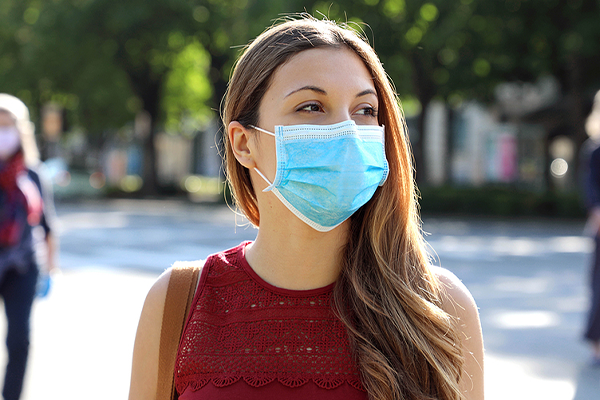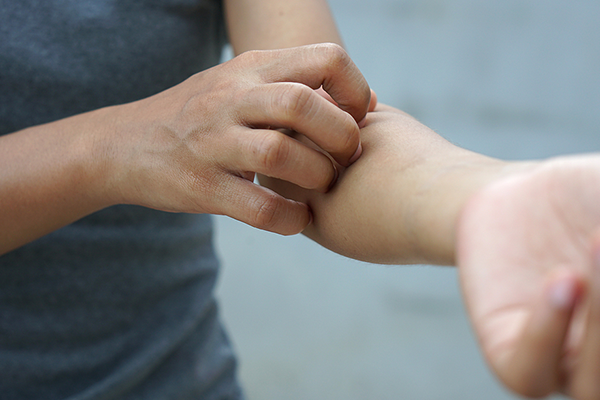Almost a year after the emergence of COVID-19, researchers and medical professionals are still in search of solutions to eradicate the virus. While scientists are developing and perfecting treatment options it is critical that you follow best practices established at the beginning of the pandemic to protect your health and that of your family.
Why Masks Matter
Because many respiratory conditions, such as COVID-19, travel through droplets released into the air when a person coughs, shouts, sings, sneezes or talks, wearing a mask can help minimize spread of the virus. While they may not be 100% effective, masks do offer a degree of protection against the transmission of germs. With this in mind, the Centers for Disease Control and Prevention recommends wearing a face covering that completely covers your nose and mouth to protect yourself as well as those around you from COVID-19.
Anyone in your family age 2 and older should wear a mask in public and when in close proximity to individuals who are not in your family. Children under age 2 should not wear a mask, as it could present risk for suffocation.
When taking off your mask, thoroughly wash hands with soap and water or use hand sanitizer.
Healthy Habits to Follow
In addition to wearing a mask, these simple routines can help you protect yourself and loved ones from COVID-19.
- Clean and disinfect surfaces that people touch often, such as counter tops, doorknobs, handles, keyboards and phones.
- Cover your mouth and nose when you are around other people.
- Follow social distance guidelines by keeping 6 feet between yourself and people you encounter in public or individuals in your home who are sick.
- Wash hands thoroughly and regularly, especially before eating and after actions such as using the bathroom, coughing or sneezing, changing a diaper or touching commonly used surfaces.
COVID-19 Fatigue
Due to the length of time the pandemic has continued, you may feel a general sense of COVID-19 fatigue. Symptoms associated with this type of burnout are feeling like you have reached your capacity to cope and are experiencing physical, emotional or mental effects, such as:
- Exhaustion
- Feelings of being overwhelmed
- Increased irritability
- Reduced performance at work





